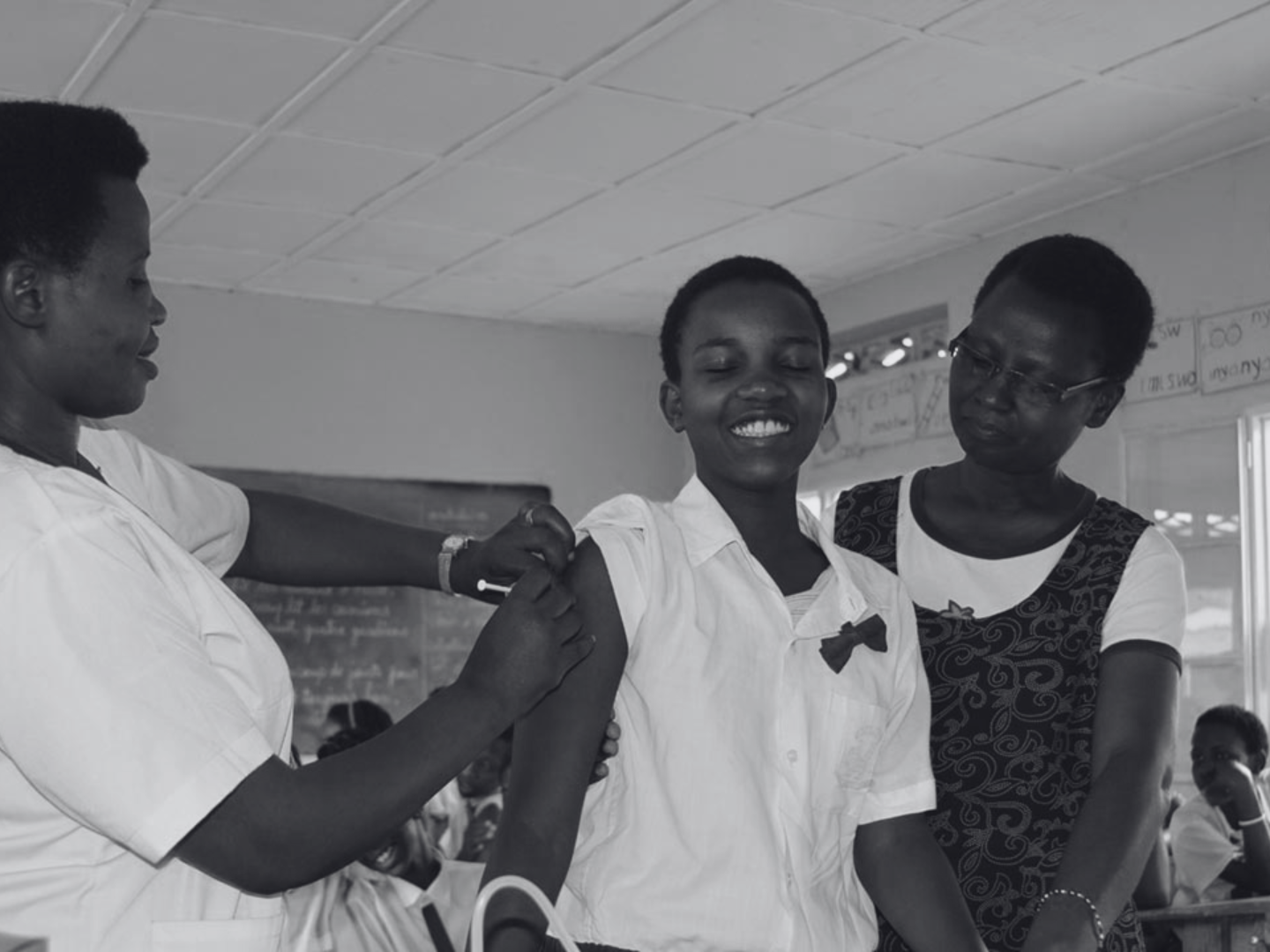
Safeguarding Tomorrow: A Call for Comprehensive Cybersecurity in the Growing Field of Education Technology
In the age of Artificial Intelligence (AI), the conversation on cybersecurity has broadened from protecting just data to protecting the very meaning of humanity from cyber-attacks. This concern is evident in the existence of networks such as World, which serve as a means to prove human identities in digital spaces to protect people from threats such as deepfakes.

The Empty Chalkboard: How a Teacher Shortage Crisis is Shaping East Africa’s Future
Imagine a single teacher standing before a classroom not of 25, or even 40, but of nearly 60 young, eager faces. This is not an anomaly but a stark reality in many East African classrooms today, where the promise of education is being stretched to its breaking point.

A Fragile Victory: How New Threats and Old Inequalities Jeopardise Africa's Progress towards HIV Control
In 2024, the global fight against HIV reached a pivotal moment. According to UNAIDS, the world saw an estimated 1.3 million new infections. The epicentre of the pandemic, however, remains Eastern and Southern Africa which accounted for 490,000 of these cases.

Tongues of Identity: Post-Colonial Language Dynamics in East Africa
East Africa stands at a critical linguistic crossroads, where the legacies of colonialism continue to shape communication, education, and identity. With over a hundred languages spoken across the region, the linguistic landscape reflects both immense diversity and enduring inequalities.

Reducing Import Dependency: Why Local Drug Production is Key to East Africa’s Health Future
Pharmaceuticals play a critical role in improving health outcomes worldwide, but East Africa remains heavily dependent on imports, which limits access to essential medicines and undermines health security. Despite efforts by the East African Community (EAC) to boost local production, systemic financial, regulatory, and infrastructural barriers have slowed progress.

Wellness in Every Classroom: An Insight into School-Based Health Programs
The essence of true health is not merely the absence of disease or infirmity; it also encompasses the state of complete physical, mental, and social well-being. Therefore, for a child, health goes beyond simply being disease-free but rather having a conducive environment where they can learn, grow, and thrive.

Preventable but Persistent: The Fight to Eliminate Cervical Cancer in East Africa
In East Africa, a silent killer continues to claim the lives of thousands of women every year. Cervical cancer accounts for 40% of all cancer diagnoses in women in this region, and In Kenya, cervical cancer is the most common cancer death among women. Cervical cancer is largely preventable. Around 95% of cervical cancers are caused by the persistent untreated infection with the human papillomavirus (HPV), a sexually transmitted infection.

When Help Hurts: Medical Exploitation and Distrust in East Africa
Medical mistrust is a lack of confidence in healthcare systems, professionals, and research, often rooted in fear that these systems may not act in a person’s best interest. This mistrust arises from real experiences of discrimination, neglect, and unethical practices. While the Tuskegee Syphilis Study in the U.S. is a well-known example, East Africa also faces its own history of medical exploitation. Colonial abuses, exclusion from healthcare decisions, and violations of consent have deepened scepticism.

Talent in Transit: The Double-Edged Sword of East Africa's Skilled Migration and Diaspora Potential
East Africa’s most valuable export is not its coffee, tea, or gold, but the best and brightest of its young and talented minds. Like many regions in the Global South, East Africa is faced with the brain drain phenomena – an occurrence where highly skilled and educated workers, such as doctors, teachers, engineers, and scientists migrate from their country of origin to other countries. This is largely seen with highly skilled workers migrating from the Global South to the Global North.




















